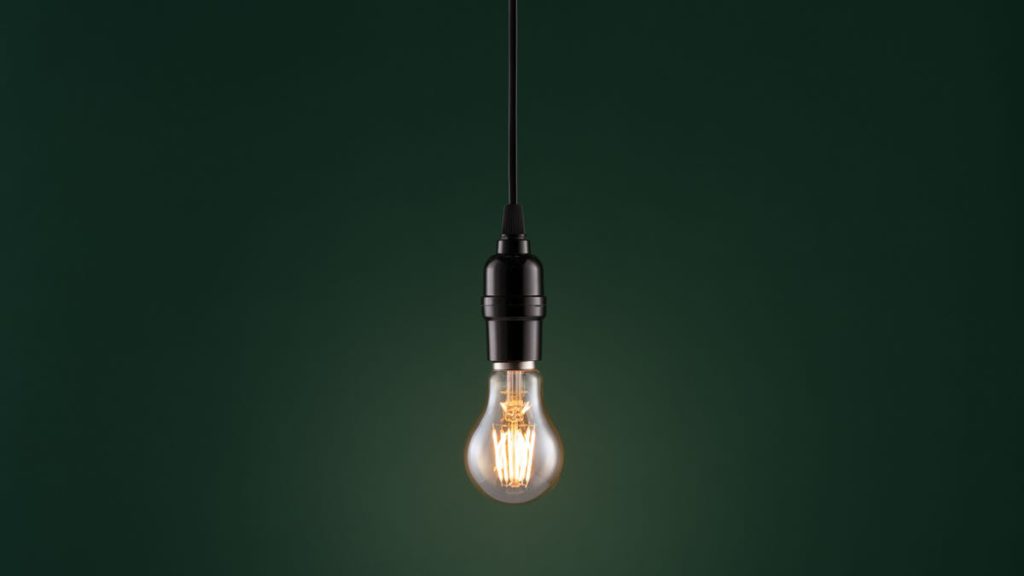When summer heat hits hard, blasting the air conditioner is usually the go-to move, but that comfort comes with a price. With electricity rates rising and inflation squeezing wallets, high energy bills are stressing out nearly 80% of Americans, according to a recent CNET survey. But staying cool doesn’t have to mean draining your bank account.
One of the easiest ways to reduce your energy usage is also one of the most overlooked: Turn off the lights when you leave a room. Every bulb generates heat that makes your air conditioner work overtime. In the summer, that extra strain can cost you more than you think.
Combine this small habit with other smart strategies, like closing blinds during peak sun hours, using ceiling fans effectively and unplugging unused electronics — and you can make a noticeable dent in your bill without sacrificing comfort. Want to beat the heat and lower your energy costs? Start by flipping the switch.
Why should you turn off the lights?
You’ve probably been told time and time again the importance of conserving energy, but you might be wondering why it’s so important.
First, reducing your energy usage by turning off your lights is an excellent way to reduce your carbon footprint. Electricity generation is one of the biggest sources of carbon emissions that contribute to climate change. By turning off your lights when you aren’t using them, you can do your part to reduce carbon emissions and therefore help the environment.
Second, reducing your home’s energy usage doesn’t just help the environment. It also helps your wallet. Turning off lights when you don’t need them can help to reduce your electricity bills. You’ll also extend the life of your light bulbs, which will save you money as well.
Buying a smart lightbulb can help you conserve energy by setting your lights to go on and off at certain times, so no more falling asleep with all the lights left on overnight. The Wiz tunable white LED smart bulb is CNET’s pick for the best white-light smart bulb.
Details
How much money can you save?
The amount you can save on your electricity bill by turning off your lights depends on the type of light bulb you use. You can figure your potential savings using the light bulb’s wattage.
Let’s say you have a light bulb that’s 40 watts, meaning in one hour, the bulb will use 0.04 kWh. Then, you can use your electricity price — which you can find on your most recent utility bill — to figure out how much you’ll save for that hour. In the case of the 40-watt bulb, if you pay an electricity rate of 10 cents per kWh, your savings by turning that bulb off for one hour would be 0.4 cents.
It’s easy to see that number and think it’s simply not worth it to turn off your lights more often. After all, what difference does 0.4 cents make? First, remember that estimate is for a 40-watt bulb. If you have higher-wattage light bulbs, the savings will be greater. Next, that estimate uses an energy price of 10 cents per kWh, but in many areas, the price of electricity may be higher than that.
Finally, our estimate looked at the savings of turning off one bulb for one hour. You likely have many light bulbs in your house, and there are far more than just one hour in a month. So when you calculate the savings of turning off all of your light bulbs for many more hours per month, your savings will increase significantly.
When should you turn off the lights?
You can save money by turning off your lights and fans whenever you don’t need them. During the spring and summer, it’s a good idea to check in on the peak and off-peak energy hours in your area. Many providers use a time-of-use electricity plan where energy costs rise during peak hours, or hours where the grid is facing higher demand, and lower during off-peak hours. These hours change depending on the seasons, so transitioning between seasons is a good time to check on when you’re paying the most for energy.
During peak hours, usually during the afternoons in the summer while in the early morning and in the evenings after sunset during winter, it’s helpful to be especially diligent in turning off lights and other electronic appliances when you leave a room to cut down on your energy bill. Thankfully, during the spring and summer, daylight saving time is in effect, which means more daylight and less need to have the lights on in your home.
A small change can yield big savings
Turning off the lights and other electric appliances when you aren’t using them is one of the most basic steps you can take to reduce your energy usage and save money on your electricity bill. Just remember that even a small change can add up to big energy savings for you and also help reduce your carbon footprint.
Here Are 23 Ways to Save On Your Electric Bills Right Now
See all photos


